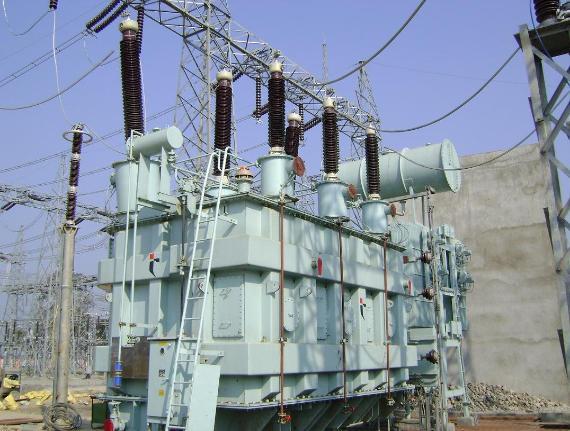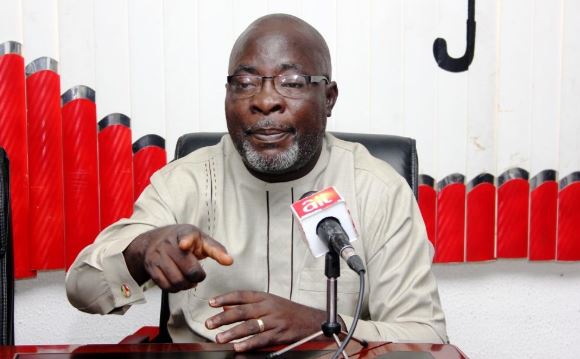The Centre for Health, Equity and Justice (CEHEJ) estimates that corruption in Nigeria’s power sector has gulped N11 trillion since 1999.
This was made known in a report titled ‘Kept in Darkness — holding non-performing electricity contractors accountable’ released in Lagos on Thursday.
The report indicated that the figure might increase to N20 trillion in the next decade.
According to Yemi Cole, an associate professor of law at the University of Lagos who made the presentation, the report established that the corruption in the power sector “manifests significantly in the process and procedure for contracts to certain (privileged corporations)”.
Advertisement
“The total estimated financial loss to Nigeria from corruption in the electricity sector from the return to democracy since 1999 to date is over Eleven trillion Naira (N11 Trillion Naira),” the report stated.
“This represents public funds, private equity and social investment (or divestments) in the power sector.
“It is estimated that it may reach over Twenty Trillion Naira (N20 Trillion Naira) in the next decade given the rate of Government investment and funding in the power sector amidst dwindling fortune and recurrent revenue shortfalls.
Advertisement
“The entire infrastructure of a community – its home, offices, agriculture, industries, hospitals, banks, shopping malls, transport, communications, and recreational facilities – all depend on electricity as a form of energy.”
The report also provided details of electricity contracts where it alleged that huge sums of money were embezzled, as well as contracts that were abandoned despite funds released for its implementation.
The report recommended, among others, that bidding and award of contract processes in the sector should be more transparent.
It also suggests that the “federal government should consider fully divesting its states in the power sector to allow for efficient, decentralized sector governance by federal and state governments, as appropriate, in line with the provisions of the Second Schedule, paragraph 13 and 14 of the Constitution for the Federal Republic of Nigeria 1999 (as amended)”.
Advertisement
In his remarks, Ahmed Abdul, who represented Saleh Mamman, the minister of power, said: “I will convey it to the honourable minister. We are going to study it and advise the government as appropriate”.
Sunday Oduntan, chairman of Association of Nigeria Electricity Distributors, said the report should be treated with seriousness and consequence by the government.
“There has been a lot of reports in this county and I have not seen any government that will say let me go and see those reports. I am saying there is a need for there to be consequences,” he said.
In attendance at the event were Benjamin Okoli, national coordinator of Open Government Partnership; Abiodun Ajayi, CEHEJ board chairman; representatives of the Economic and Financial Crimes Commission (EFCC); representatives of Independent Corrupt Practices and Other Related Crimes Commission (ICPC); as well as other stakeholders in the power sector.
Advertisement






